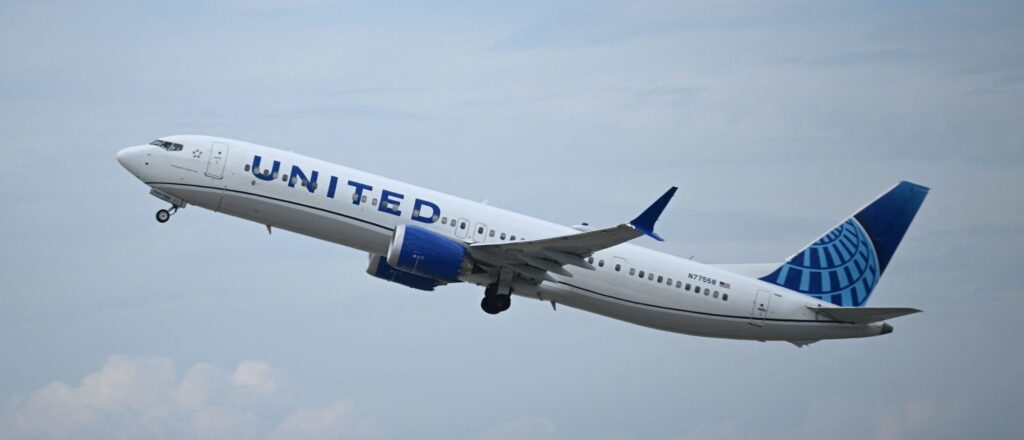United Airlines Holdings Inc. reportedly made the decision to pause its orders for Boeing Co.’s 737 Max 10 jets Tuesday, according to Bloomberg.
United’s CEO, Scott Kirby, disclosed the airline’s pivot to Boeing’s 737 Max 9s and Airbus SE’s A321 planes during a JPMorgan investor conference. “We’ve asked Boeing to stop building Max 10s, which they’ve done, for us and start building Max 9s,” United Chief Executive Officer Scott Kirby said in a statement, Bloomberg reported. “It’s impossible to say when the Max 10 is going to get certified.”
Kirby pointed out the uncertain timeline for the Max 10’s certification as a key factor in United’s decision to alter its fleet acquisition strategy. Despite this shift, Kirby confirmed United’s intent to revert to the Max 10 once it receives the necessary clearance, according to Bloomberg. He also acknowledged discussions about substituting some of United’s substantial order, totaling 277 units of the Max 10 variant, with Airbus A321 aircraft. (RELATED: REPORT: Whistleblower Found Dead Days After Submitting Evidence Against Company)
United Airlines has told Boeing to stop building 737 Max 10 jets for the carrier, opting to switch to a smaller variant and the rival Airbus SE A321 until the US planemaker can pull the stretched single-aisle through its long-delayed certification. https://t.co/NudOxD5YiV
— Bloomberg (@business) March 12, 2024
“We are in the market for A321s, and if we get a deal where the economics work, we’ll do something,” Kirby said, Bloomberg stated. “If we don’t, we won’t and will wind up with more Max 9s.”
Boeing’s response to these developments was not immediately available, but the company has reported a slowdown in its 737 deliveries, with a decrease from January to February. The backdrop to United’s decision includes recent safety concerns involving the 737 Max 9, particularly after an incident involving an Alaska Airlines flight where a huge panel detached mid-flight, the outlet reported.
The certification delay for the Max 10 extends beyond technical and production challenges. This follows scrutiny from the Federal Aviation Administration, Bloomberg added. Kirby’s comments suggest a comprehensive approach from Boeing to address these issues.
“This is not a 12 month issue, this is a two-decade issue,” Kirby said, according to Bloomberg. “I’d rather Boeing do what they need to do, and they are now.”


